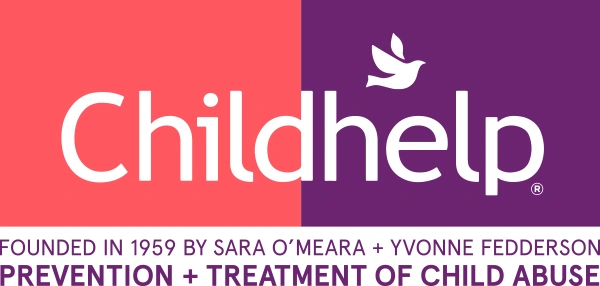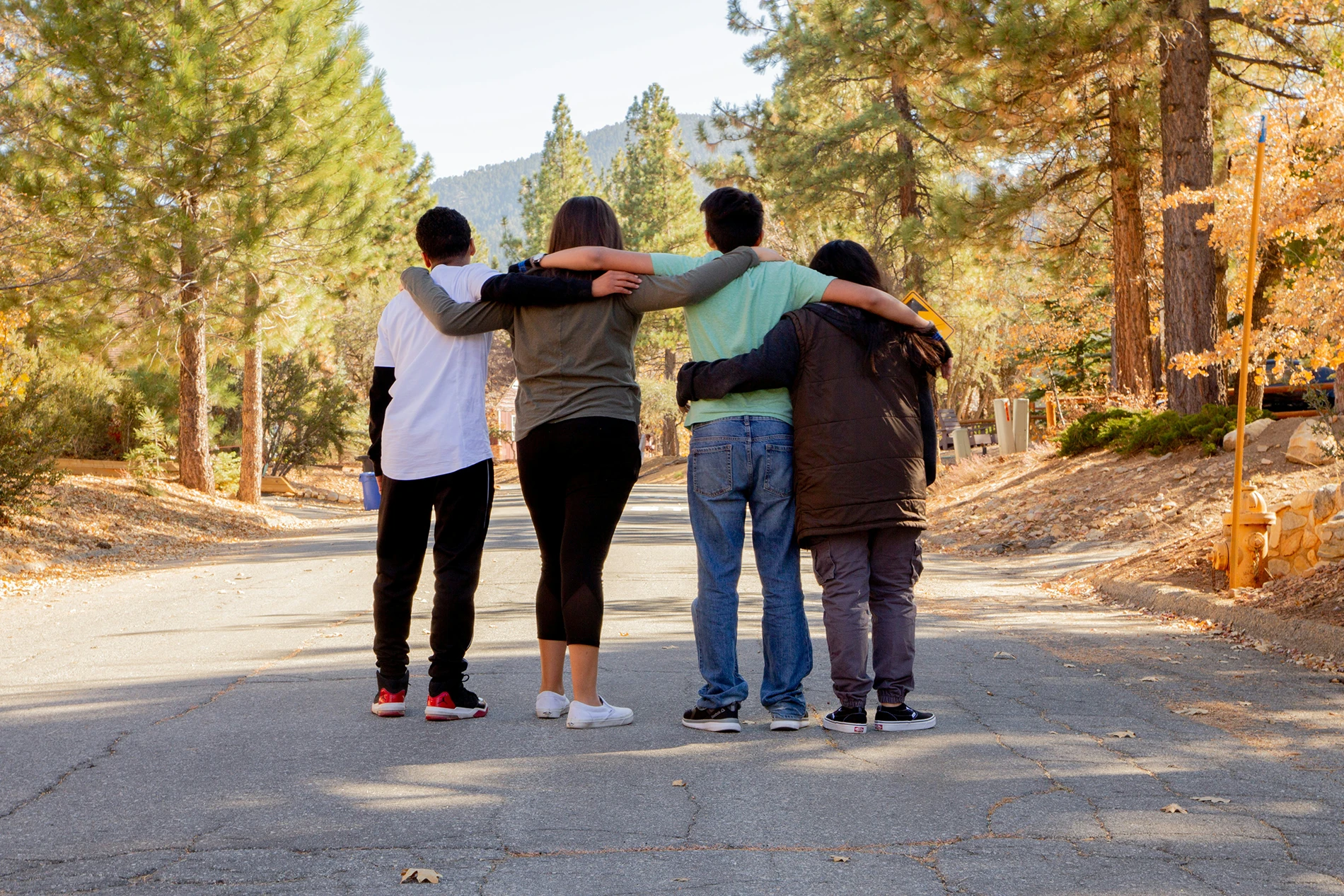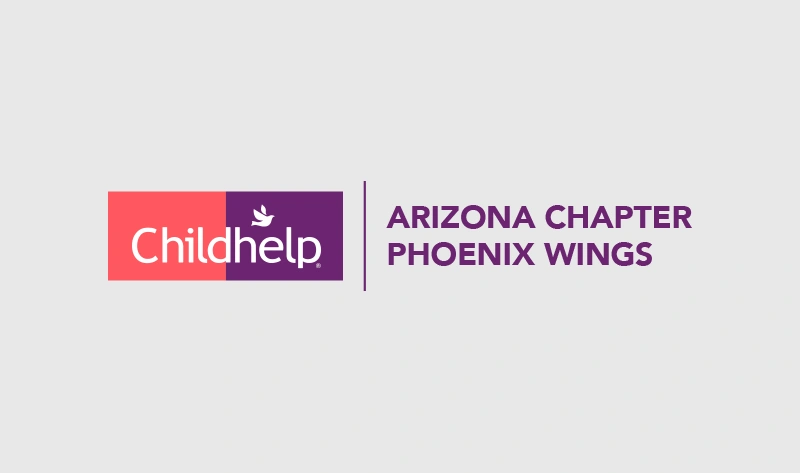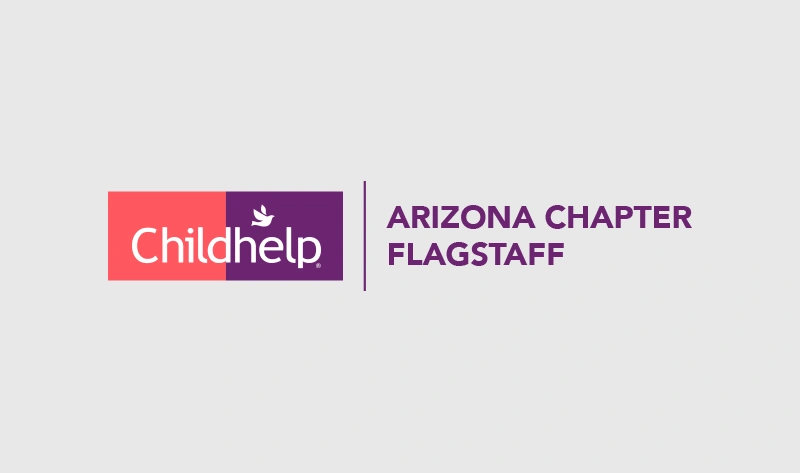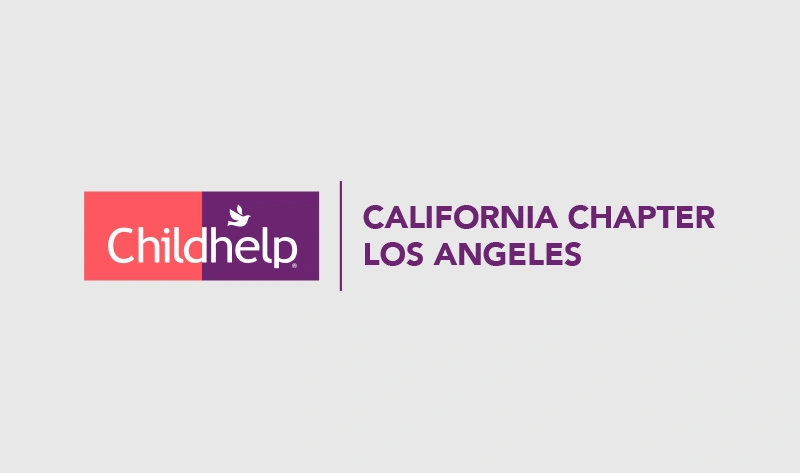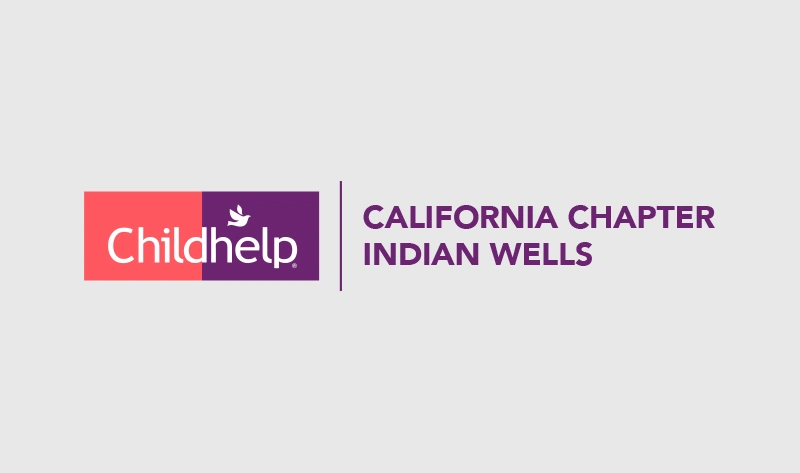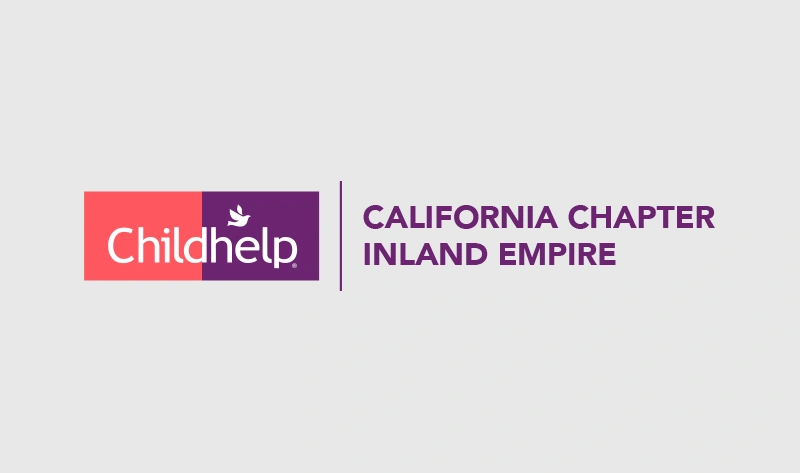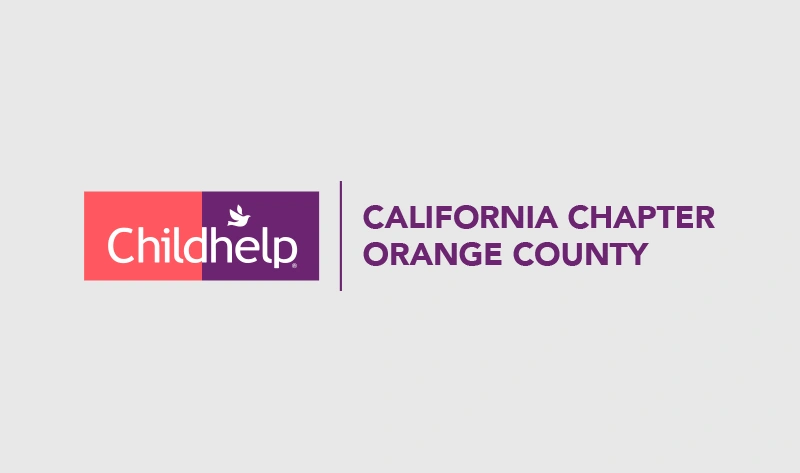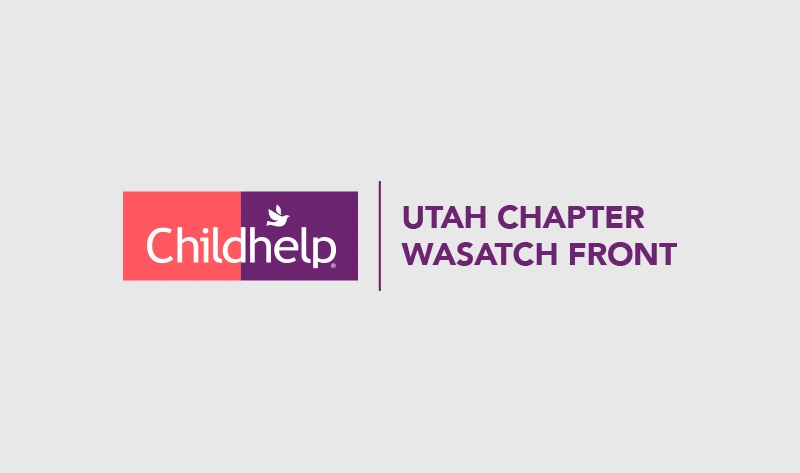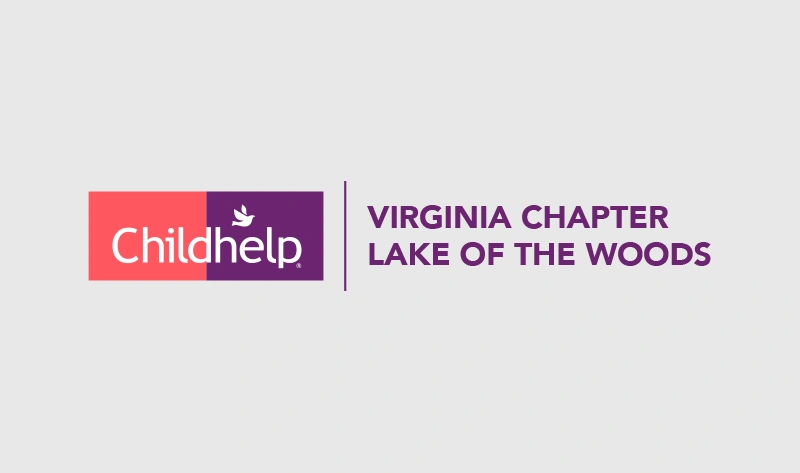Childhelp chapters play a crucial role in extending Childhelp’s reach and impact. These regional branches act as vital arms of the organization, implementing the mission on a more localized level. Chapter members engage in community-specific activities, such as awareness campaigns and fundraising events tailored to the needs of their communities.
By mobilizing local volunteers, fostering partnerships and advocating for changes within their communities, chapters ensure that Childhelp’s efforts are widespread and rooted in diverse areas, creating a robust network of support and action against child abuse.
